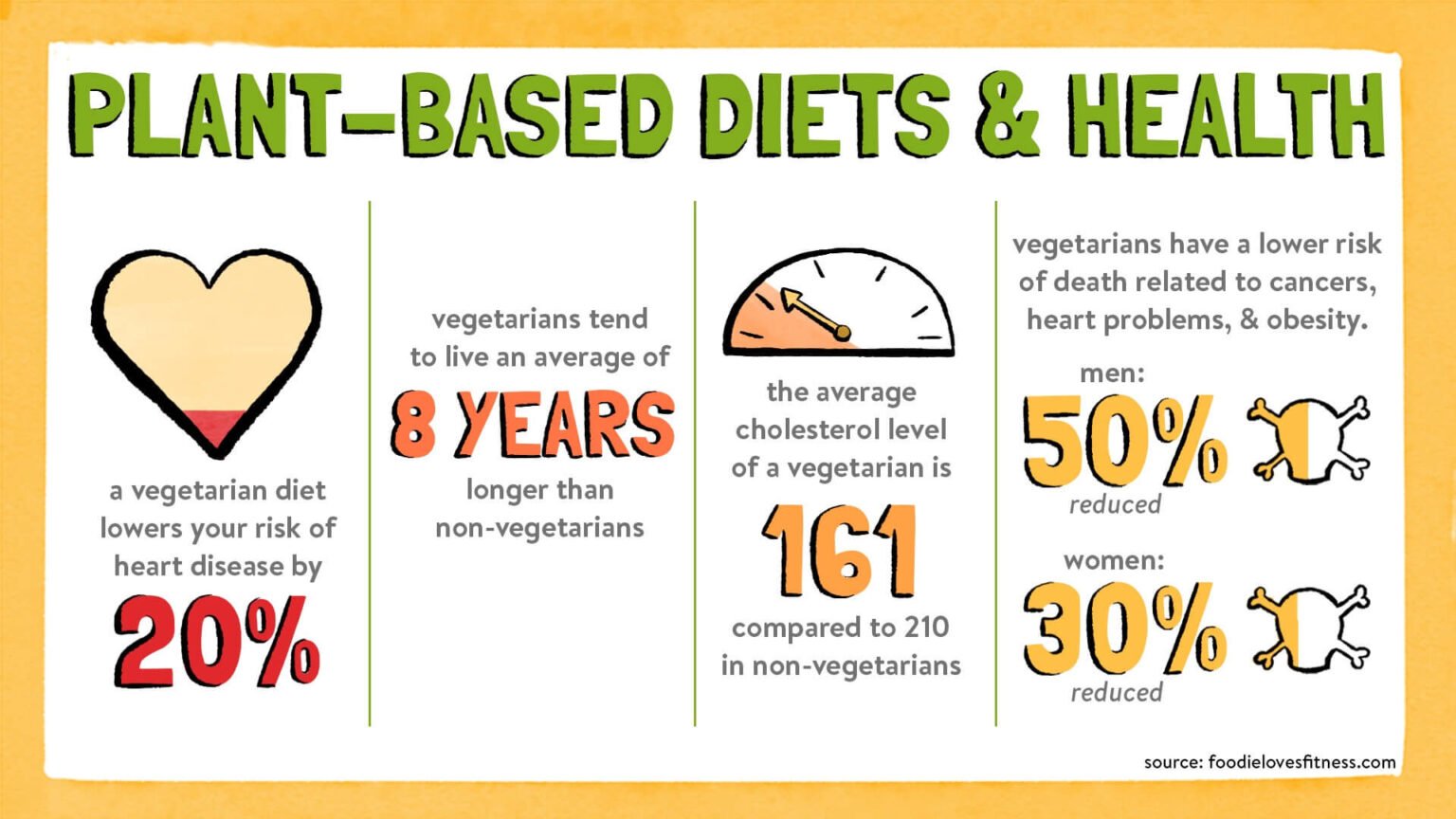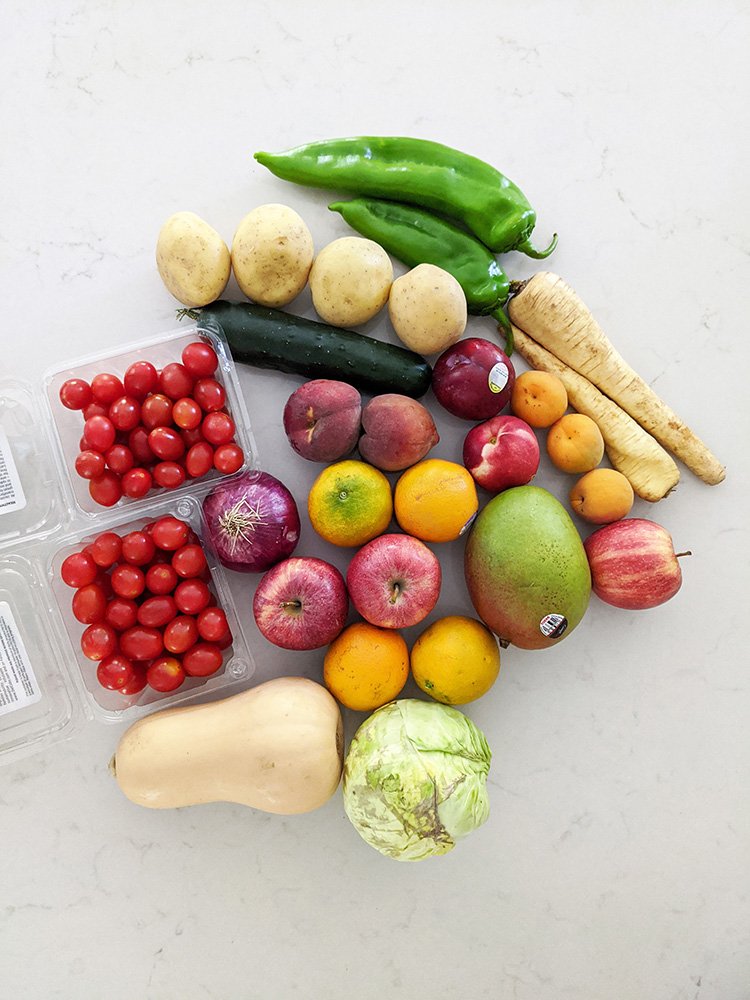Plant-powered People: Profiles In Vegan Living

Executive Summary

The vegan lifestyle has gained widespread popularity in recent years, driven by growing concerns about animal welfare, environmental sustainability, and personal health. Profiles In Vegan Living showcases inspirational stories of individuals who have embraced veganism, highlighting the transformative benefits they have experienced physically, emotionally, and spiritually.

Introduction
Veganism is a plant-based lifestyle that excludes all animal products, including meat, dairy, eggs, and honey. It offers a host of potential benefits for human health, the environment, and the welfare of animals. This article explores the experiences of vegans and provides valuable insights into the motivations and rewards associated with this compassionate lifestyle.
Frequently Asked Questions (FAQs)
1. What is the definition of veganism?
Veganism is a lifestyle that excludes all animal products, including meat, dairy, eggs, honey, and any other ingredients derived from animals.
2. Why do people choose to become vegan?
Common reasons include ethical concerns about animal suffering, environmental factors, health benefits, and spiritual beliefs.
3. Is a vegan diet nutritionally adequate?
With careful planning, a well-balanced vegan diet can provide all the essential nutrients for optimal health.
Top 5 Subtopics
Health Benefits of Veganism
- Reduced risk of chronic diseases: Vegan diets are associated with a lower risk of developing heart disease, certain types of cancer, and type 2 diabetes.
- Improved digestion: Plant-based foods are rich in fiber, which supports digestive health and reduces the risk of constipation and other digestive issues.
- Weight management: Vegan diets tend to be lower in calories and fat than meat-based diets, potentially aiding in weight loss and maintenance.
- Increased energy levels: Vegan diets provide a variety of nutrient-rich plant foods that can boost energy and vitality.
- Enhanced mood: Some research suggests that vegan diets may improve mental health by reducing symptoms of depression and anxiety.
Environmental Impact of Veganism
- Reduced greenhouse gas emissions: Animal agriculture significantly contributes to greenhouse gas emissions. Veganism reduces this impact by eliminating the consumption of animal products.
- Deforestation: Raising animals for food requires vast amounts of land, leading to deforestation and habitat loss for wildlife.
- Water conservation: Animal agriculture consumes large quantities of water. Veganism helps conserve water by reducing the demand for animal products.
- Pollution control: Factory farming practices generate substantial pollution, including air and water contamination. Veganism promotes sustainable farming practices.
- Biodiversity protection: Veganism supports the preservation of wildlife and biodiversity by reducing the demand for animal products.
Ethical Considerations of Veganism
- Animal welfare: Veganism rejects the exploitation and suffering of animals for food, clothing, or entertainment.
- Human health: Animal agriculture poses health risks to humans, including the transmission of zoonotic diseases and antibiotic resistance.
- Social justice: Veganism raises awareness about the social issues associated with animal agriculture, such as food insecurity and worker exploitation.
- Compassion: Veganism promotes compassion and respect for all living beings.
- Sustainability: Veganism supports the idea of living sustainably and harmoniously with the environment.
Spiritual Aspects of Veganism
- Connection to nature: Veganism fosters a deeper connection to nature and a recognition of the interconnectedness of all life.
- Mindfulness: Veganism encourages mindfulness about food choices and the impact they have on oneself, animals, and the planet.
- Self-discovery: Veganism can be a journey of self-discovery, leading to a greater understanding of one’s values and life purpose.
- Personal growth: Veganism challenges individuals to step outside their comfort zones and embrace a more compassionate lifestyle.
- Ethical consumption: Veganism promotes ethical consumption and encourages a shift towards sustainable and non-exploitative practices.
Transitioning to Veganism
- Start gradually: Make gradual dietary changes rather than going vegan overnight to avoid digestive issues and cravings.
- Focus on whole, plant-based foods: Prioritize unprocessed fruits, vegetables, legumes, and whole grains.
- Find vegan alternatives: Explore plant-based alternatives to meat, dairy, and other animal products.
- Seek support: Connect with vegan communities or support groups for guidance, inspiration, and recipes.
- Be patient: Transitioning to veganism is a process that takes time and effort. Be patient with yourself and don’t give up.
Conclusion
The stories featured in Profiles In Vegan Living demonstrate the profound impact that plant-powered living can have on individuals, animals, and the environment. By embracing veganism, these individuals have not only transformed their own health and well-being but have also become powerful advocates for compassion and sustainability. Whether you are considering a plant-based lifestyle or simply seeking to make more conscious food choices, these profiles offer inspiration, guidance, and a glimpse into the myriad benefits of transitioning to a vegan way of life.
Keyword Tags
- Veganism
- Plant-based diet
- Health benefits of veganism
- Environmental impact of veganism
- Ethical considerations of veganism














